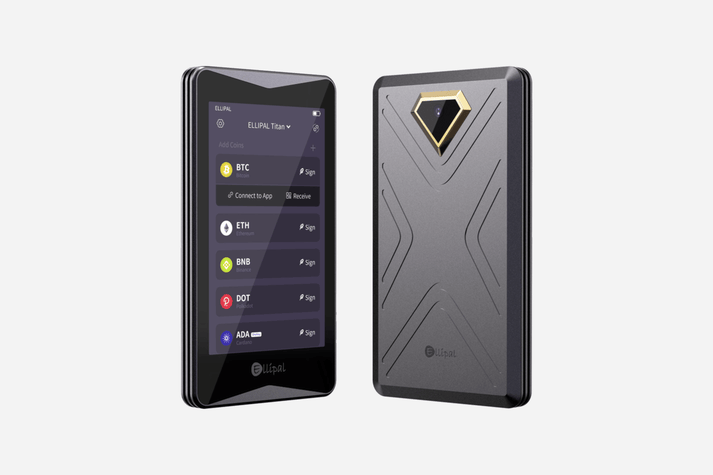As cryptocurrency continues to gain traction globally, the importance of secure storage solutions cannot be overstated. One of the most effective methods for safeguarding digital assets is through the use of a cold wallet. This article aims to provide a comprehensive understanding of cold wallets, their significance, and how they can benefit cryptocurrency investors.

What is a Cold Wallet?
A cold wallet refers to a type of cryptocurrency wallet that is not connected to the internet. This offline storage method significantly reduces the risk of hacking and unauthorized access. Unlike hot wallets, which are online and more convenient for frequent transactions, cold wallets prioritize security over accessibility.
Types of Cold Wallets
There are several types of cold wallets available, each with its unique features:
- Hardware Wallets: These are physical devices designed specifically for storing cryptocurrencies. They offer robust security features and are user-friendly.
- Paper Wallets: A paper wallet involves printing your private and public keys on paper. While this method is highly secure, it requires careful handling to avoid physical damage or loss.
- Air-Gapped Wallets: These wallets are completely isolated from any network, ensuring that they cannot be hacked remotely.
Why Use a Cold Wallet?
Investors often wonder why they should opt for a cold wallet instead of a hot wallet. The answer lies in the enhanced security features that cold wallets provide. Here are some compelling reasons to consider:
- Protection Against Hacks: Since cold wallets are offline, they are immune to online threats.
- Long-Term Storage: Cold wallets are ideal for investors looking to hold their assets for an extended period without the need for frequent access.
- Control Over Private Keys: With a cold wallet, you maintain full control over your private keys, reducing reliance on third-party services.
Best Practices for Using a Cold Wallet
To maximize the security of your cold wallet, consider the following best practices:
- Always keep your recovery phrases and private keys secure and never share them with anyone.
- Regularly update the firmware of your hardware wallet to protect against vulnerabilities.
- Consider using a reputable cold wallet like the
for enhanced security features.
Conclusion
In conclusion, understanding the role of a cold wallet in cryptocurrency investment is crucial for anyone looking to secure their digital assets. By choosing the right type of cold wallet and following best practices, investors can significantly reduce their risk of loss due to hacking or theft. As the cryptocurrency landscape continues to evolve, staying informed about secure storage options will empower investors to make safer decisions.














